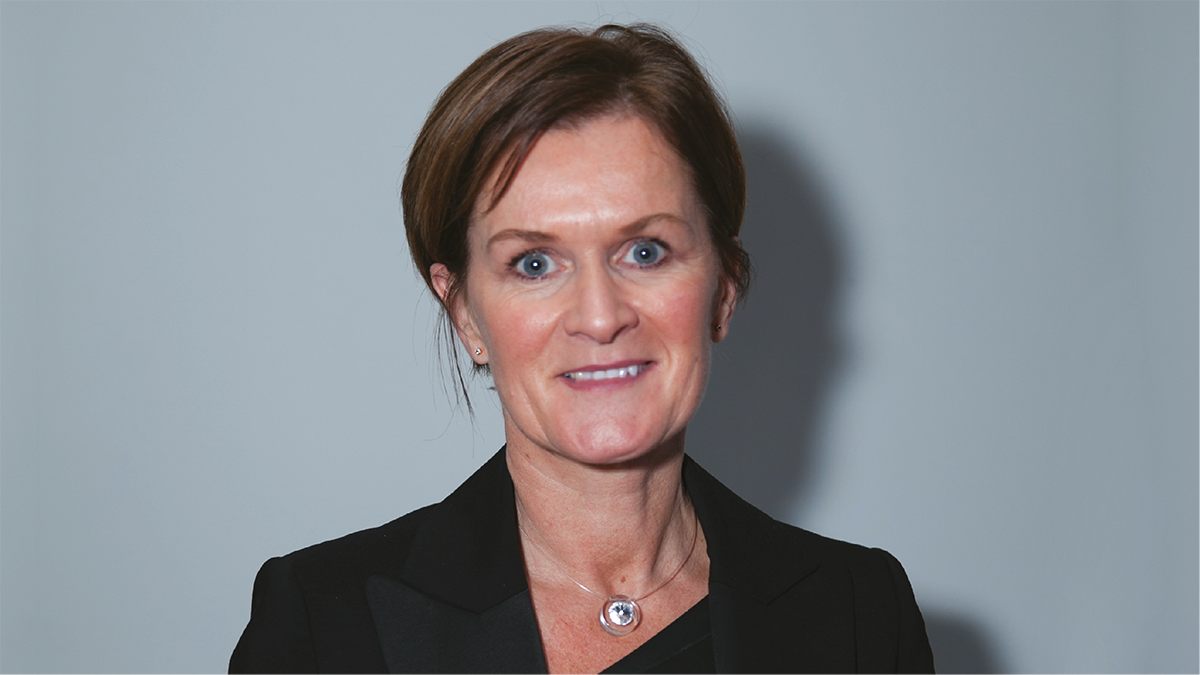Surveying Environmental Impact
We ask Clare O’ Donnell, Head of Eye Sciences at Optegra, to tell us more about the company’s recently commissioned survey, “Keeping an Eye on the Environment”
The environmental impact of mass-manufactured plastic products continues to be a source of focus around the world, with many companies now seeking ways to mitigate their own waste. In terms of the UK optical industry, eye care products – specifically contact lenses – account for a large percent of plastic waste products, with most of the microplastics from disposable lenses ending up in the ocean or in landfills. With over 4.2 million contact lens wearers in the UK, there’s an estimated 750 million plastic lenses getting flushed down the toilet or else ending up in dumping grounds every single year.
However, there does appear to be some room for optimism. New research – commissioned by Optegra Eye Health Care but conducted independently by Censuswide – suggests that those in the optometry profession are attempting to redress this balance through various commitments to environmental protection and sustainability.
Explaining the reasons why Optegra chose to commission the survey – Keeping an Eye on the Environment – Clare O’ Donnell, Head of Eye Sciences at Optegra and a registered optometrist with over 20 years’ experience, says, “We regularly liaise with optometrists throughout the UK and we sometimes run independent research such as this to explore topical interests and ensure we are in touch with the concerns and priorities facing British optometrists. The matters raised in this study – specifically, optometrists wanting to actively reduce the impact of their work – are very much in line with our values.”
The survey illustrates some positive findings. Of the 100 British optometrists polled between late 2022 and early 2023, 61 percent were already taking active steps to reduce their environmental impact in their own optometry businesses. A large percentage of respondents also stated that, in terms of key sustainability measures, they were involved in packaging recycling schemes (57 percent) and committed to going fully paperless with patient communication (58 percent).
Virtual clinics, a necessity during the pandemic, were also noted in the survey as supporting environmental sustainability by reducing the amount of time patients spent traveling to hospitals and clinics – not insignificant when you consider the number of patients requiring treatment visits each year.
Speaking of the benefits of e-clinics, O’ Donnell adds, “This is certainly a time-effective and cost-effective way to review as many patients as possible, and it frees up time for clinical teams to treat additional patients. In addition, e-clinics are also convenient for patients who are exploring the first steps on their treatment journey because they have the opportunity to ask questions from the comfort and convenience of their own home.”
The type of contact lenses optometrists stocked also played a part in informing sustainability policies within their practices, with 47 percent of optometrists stating that they exclusively offered eco-friendly contact lenses. “As health professionals we all share the responsibility to be as green and clean as we can,” says O’ Donnell. “Contact lenses and even eye wipes are now available in eco-friendly materials, and so we would encourage optometrists to review the materials they dispense. Spectacle frames can be made from old nylon fishing nets and cases can be manufactured from natural, renewable materials too.”
From a commercial aspect, it also makes business sense for companies to embrace environmentally-friendly products. Customers are increasingly becoming more eco-aware, and will assess how products are packaged, and how they are supported in disposing of products responsibly. O’ Donnell adds, “The Optical Suppliers Association launched a Green Charter this year offering standards and accreditation for the sector. The main aim is to reduce the carbon footprint of businesses ahead of the United Nations goal for carbon neutrality by 2050.”
In conjunction with the commissioned survey, Optegra has also reviewed their own processes and created their “Open Eyes” initiative, which proposes a commitment to going paperless from start to finish through the patient journey. “Not only is this environmentally sound, but our new patient portal also provides an easily accessible platform for patients to check appointments, review clinical letters, make payments, provide feedback on their treatments, and so on,” says O-Donnell.
Optegra has committed to be net zero by 2030. In addition to her company’s own commitments, O’Donnell says, “We are delighted to see so many optometrists in the community making a pledge to reduce their impact on the environment.”
The New Optometrist Newsletter
Permission Statement
By opting-in, you agree to receive email communications from The New Optometrist. You will stay up-to-date with optometry content, news, events and sponsors information.
You can view our privacy policy here
Most Popular
Sign up to The New Optometrist Updates
Permission Statement
By opting-in, you agree to receive email communications from The New Optometrist. You will stay up-to-date with optometry content, news, events and sponsors information.
You can view our privacy policy here
Sign up to The New Optometrist Updates
Permission Statement
By opting-in, you agree to receive email communications from The New Optometrist. You will stay up-to-date with optometry content, news, events and sponsors information.
You can view our privacy policy here







